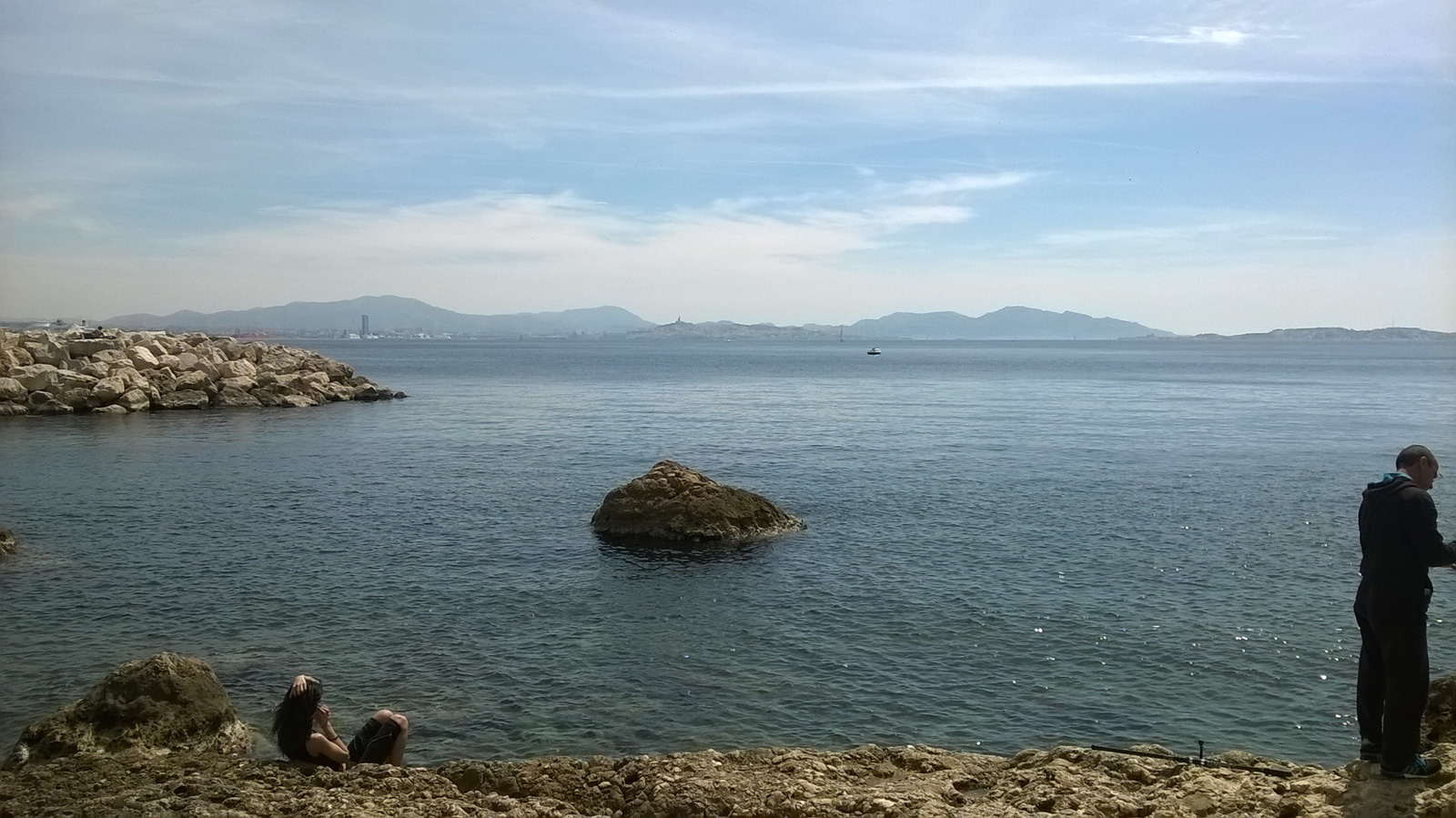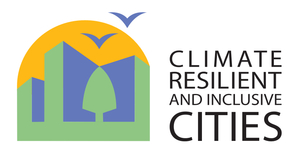Connecting Stakeholders to Boost Sustainable Development
Pilot4DEV welcomes you
Objectives
Topics
Resilience
Sustainable cities
Gender Equality
Governance & Dialogue
Peace Stability
Blog
From Critical Thinking to Media Literacy
From Critical Thinking to Media Literacy
Pascaline Gaborit and Joen Martinsen
Critical thinking plays a crucial role in countering “fake news” and disinformation, especially when other institutions fail to address these issues. Trust in the media is important and is built on the expectation of reliable and trustworthy information. However, trust can be dysfunctional in building resilience against disinformation. While citizens often expect journalists to tackle disinformation, we cannot solely rely on the media to act as watchdogs against these threats. In the post-truth era, blind trust is inappropriate, and a degree of skepticism is necessary. Although trust in the media is valuable, blind faith can decrease resilience to misinformation. Lower media legitimacy and trust are associated with greater resistance to misinformation. Citizens who approach the media with pragmatic skepticism are more resilient to misinformation. To prevent outright distrust of traditional media, the media should be more transparent about their sources, potential biases, and methods. This transparency would allow citizens to critically assess the information provided, fostering a pragmatic skepticism. By increasing transparency, the media can encourage critical thinking while maintaining fundamental trust in legacy media.
Critical thinking involves self-regulation, monitoring and controlling our emotional biases. This ability helps individuals enhance their cognitive skills and reduce emotional biases. Recent research has found that anger and anxiety are emotions that could lower our belief accuracy, give more partisan tendencies, which makes individuals more vulnerable to believing in disinformation. Self-regulation could particularly in politically divisive topics reduce our vulnerability to misinformation.
In today’s social media environment, polarization fosters the creation of “filter bubbles.” Personalized content reinforces users’ existing beliefs and worldviews, reducing their openness to alternative perspectives or counterarguments. This dynamic also influences voting behavior. An increasing number of young people rely exclusively on social media for news, making them particularly susceptible to the effects of these “filter bubbles.
Moreover, artificial intelligence is also affected, since algorithmic biases may restrict critical analysis and reinforce users’ pre-existing biases. Both these issues underscore the importance of self-regulating our emotions as a part of our critical thinking skills and minimize the power of anger and fear when consuming news online. Future research on critical thinking should place greater emphasis on the role of self-regulation and the ability to assess information independently of one’s emotions, an aspect that grows increasingly important with the rising use of social media and its potential influence on electoral behavior.
Found out more here in our summary deliverable: Fake News Critical Thinking and Media literacy

is an independent initiative that connects global stakeholders active in Pilot development initiatives in the areas of Climate, Cities, Governance, Conflicts/Stability, the Environment and more generally the implementation of SDGs including Gender Equality.
Menu
Co-funded by EU

This project is co-funded by the European Union
Contact
Email :contact@pilot4dev.com
Follow us on Linkedin : @Pilot4Dev
Follow us on Twitter : @Pilot4Dev
Follow us on Facebook : @PILOT4DEV





